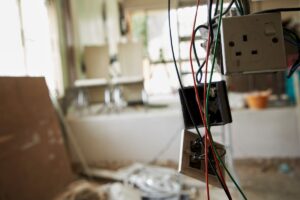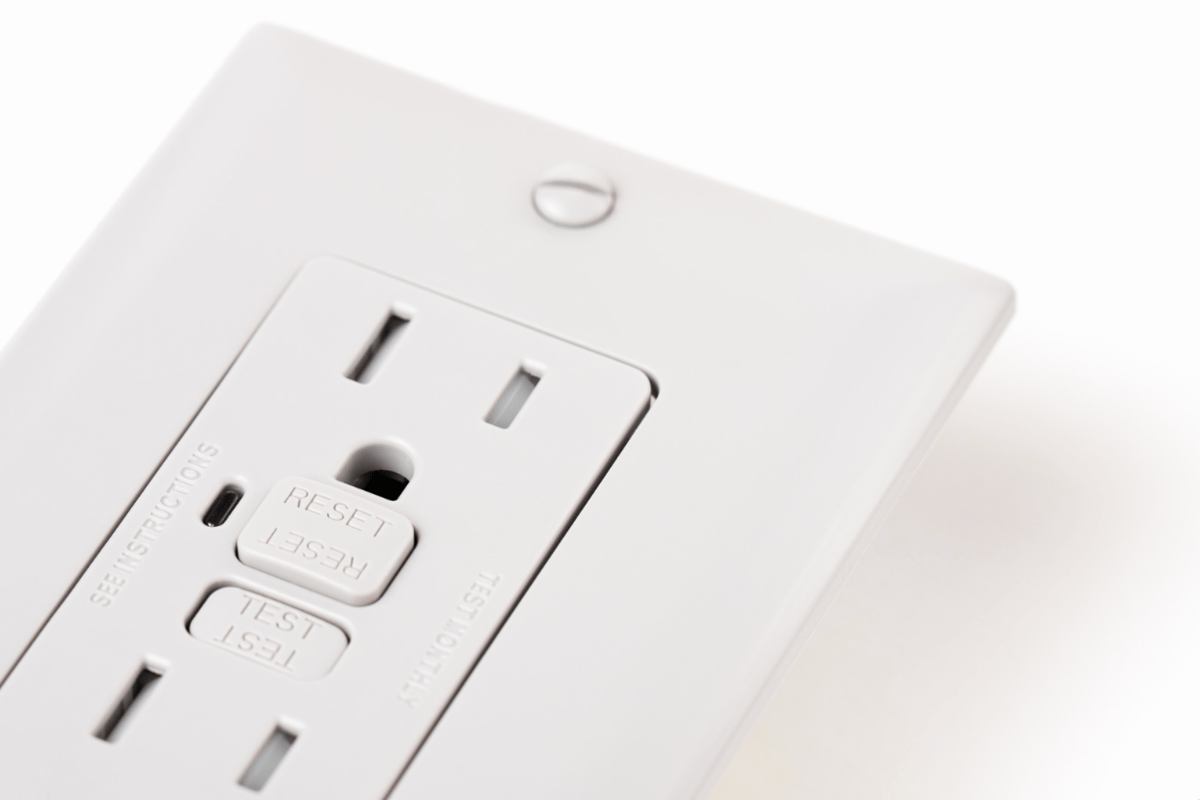Looking to install ev charger at home? Learn which EV chargers are best for single-family homes, what features matter most, and how to ensure a safe, code-compliant installation.
The shift toward electric vehicles is accelerating, and homeowners are quickly realizing the importance of having a reliable and efficient charging solution right at home. While public charging stations are helpful, nothing beats the convenience of charging your vehicle overnight in your own driveway or garage.
If you’re ready to install ev charger at home, choosing the right charger and setup is essential for safety, performance, and long-term satisfaction.
Why Install EV Charger at Home?
Charging your EV at home not only saves you time and money, but it also ensures your car is ready to go every morning. A dedicated Level 2 charger offers much faster charging than a standard outlet and gives you full control over when and how you charge.
With growing utility incentives and tax rebates, the cost of installation is often offset in just a few years. Plus, with professional ev charger installation near me, the process is simple, safe, and tailored to your home’s electrical system.
Top Features to Look For in a Home EV Charger
When researching EV chargers for your home, here are the key features to prioritize:
- Charging Speed: Level 2 chargers typically provide 20–30 miles of range per hour, making them ideal for overnight charging.
- Smart Connectivity: Wi-Fi-enabled chargers allow you to monitor charging sessions, set schedules, and track energy usage via smartphone apps.
- Durability: Weather-resistant models are essential if the charger will be mounted outdoors.
- Universal Compatibility: Most chargers work with any EV model, but always double-check plug type and specifications.
For outdoor installations, you may also want to pair the charger with a durable gfci outlet outdoor for added safety and code compliance.
Top Recommended Home EV Chargers
Here are a few of the most popular and trusted EV chargers for single-family homes:
- JuiceBox 40 Smart EV Charger – Offers adjustable amperage, smart scheduling, and great value.
- ChargePoint Home Flex – Well-known for its reliability and easy-to-use mobile app.
- Wallbox Pulsar Plus – Compact design and fast charging with Bluetooth/Wi-Fi control.
Regardless of the model, make sure to have it installed by a licensed electrician residential to ensure safety and compliance with local electrical codes.
Installation and Electrical Considerations
A Level 2 charger requires a 240-volt dedicated circuit. That means you may need to assess your panel’s capacity and wiring. In older homes, it’s not uncommon to need an upgrade electrical panel to support this additional load.
If you’re placing the charger outside, it’s also a good idea to combine the setup with weather-resistant outdoor wall lights to ensure safe access during nighttime charging.
Your installer will handle permits, code compliance, and secure connections—making the process seamless for you.
Long-Term Value of At-Home Charging
Installing an EV charger at home doesn’t just make life easier—it also adds value to your property. Homebuyers are increasingly looking for EV-ready homes, and having a reliable charger already installed can set your listing apart in a competitive market.
Additionally, integrating smart chargers allows you to schedule charging during off-peak hours, reducing electricity bills and minimizing grid impact.
Conclusion
If you’re planning to install ev charger at home, now is the perfect time. With more EV models hitting the road and charging infrastructure evolving, a home-based solution offers unmatched convenience, reliability, and control.
By selecting the right charger and working with a trusted ev charger installation near me provider, you’ll enjoy faster charging, increased safety, and long-term value for your home and vehicle. Take the step toward greener living—and smarter driving—by powering up where it matters most: right at home.









